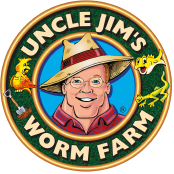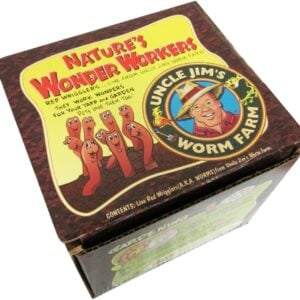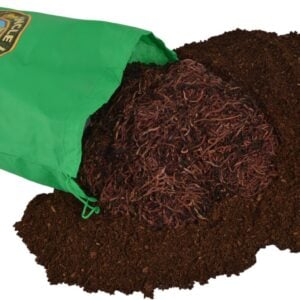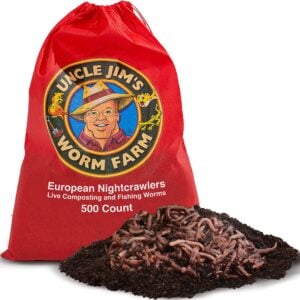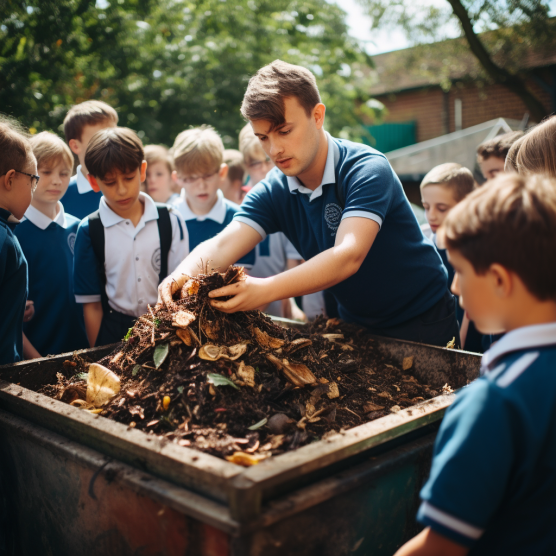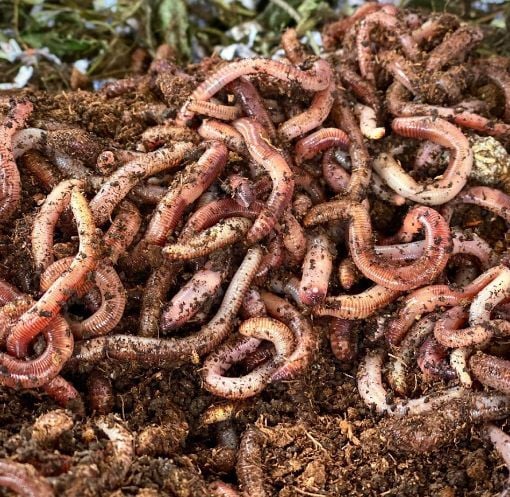 Interested in venturing into some Organic Farming? Why not try it. It’s actually a great way to produce crops organically; and at the same time, works in accordance with the environment. The use of chemicals on your farm produce is a thumbs down, as organic farming uses nothing but untreated raw materials for its crops. So if you want to generate and harvest crops that are high in nutritional value, and are safe (without having to post any harm to humans, animals, and nature) to use and consume, then grow organically.
Interested in venturing into some Organic Farming? Why not try it. It’s actually a great way to produce crops organically; and at the same time, works in accordance with the environment. The use of chemicals on your farm produce is a thumbs down, as organic farming uses nothing but untreated raw materials for its crops. So if you want to generate and harvest crops that are high in nutritional value, and are safe (without having to post any harm to humans, animals, and nature) to use and consume, then grow organically.
Just like organic gardening draws the need and usage for non-toxic materials, farming organically goes the same way. Crops that have been produced through this process are safe to eat just like any food that you might have in mind right now. And since natural raw materials are only used to improve its nutritional value and quality, you can be assured that it’s grown with considerably less pesticides to it (especially when you get to compare it with crops that have been grown using chemical fertilizers).
Now, when it comes to an organic home garden, it’s best to buy or make your own compost to help supplement it. Compost can be readily purchased, especially from online gardening shops. But if you want to save on money, then you can always invest first, and reap the many benefits to it later on.
Compost can be used into organic pesticides, as an organic fertilizer, or as a soil amendment. It’s actually made out of organic scraps, usually generated from regular household wastes. So instead of throwing your kitchen scraps and yard wastes straight to the trash bin, recycle these decomposing untreated resources by turning them into a valuable source of nutrient-rich compost.
Organic matter (especially the ones that have been broken down by means of aerobic, anaerobic, or through worm composting) helps with a lot of things, especially when it comes to the soil. Compost can also be used as a soil conditioner. It helps the water to seep-in smoothly through the soil, thus making its water-retention capability more efficient. And with this, it is able to store that much needed water for the crops that you’ve got planted beneath the soil. Aside from this, it also helps bring back a worn-out soil back to its healthy form; and also helps balance the pH level of it.
Farming organically has a few techniques as well. These includes the rotation of the crops (it helps replenish the soil, as well as helps confuse pests that may be lingering in the system), the use of compost (organic matter that has already been broken down can also be used as mulch or as a top dressing to help manage weeds and other diseases), and natural pest control (much like an organic pest control for vegetable garden). All of these mentioned methods aids in improving the farm yield.
Organic Farming really depends a great deal on techniques like composting, since it helps restore the things (such as water, oxygen, nutrients) that have been already absorbed by harvested crops. So always remember that when you nourish the soil, it will be able to nourish the things rooted in it as well.
Uncle Jim’s recommends the Outdoor Composters
You can do so much more for your organic farm by making your own compost. Do some D-I-Y composting by using our handy Outdoor Composters! We’ve got a selection of composters for outdoor use that comes in different shapes and sizes. Choose your design, your preferred make/material, and capacity, and start your composting journey today!
To know more about the product, check the Outdoor Composters here.
